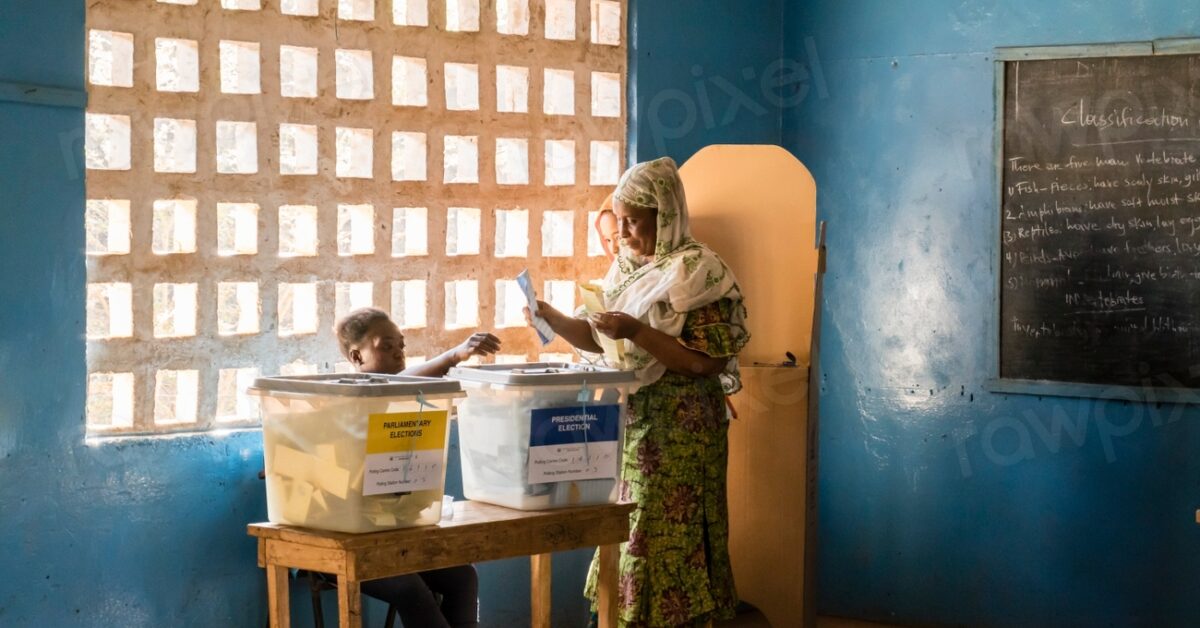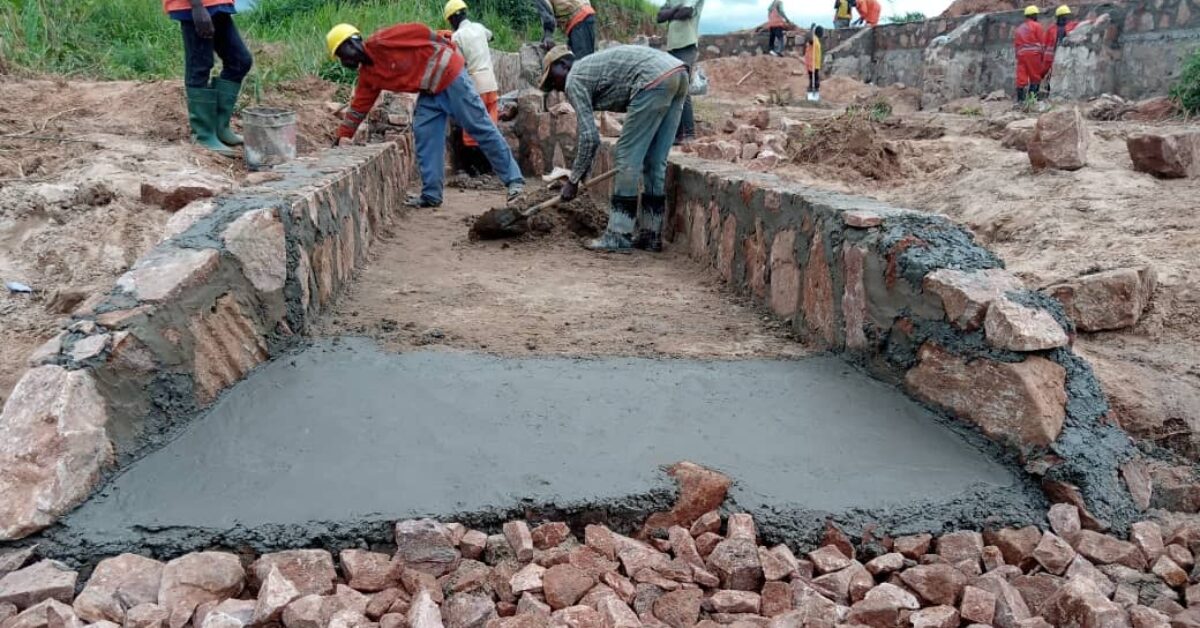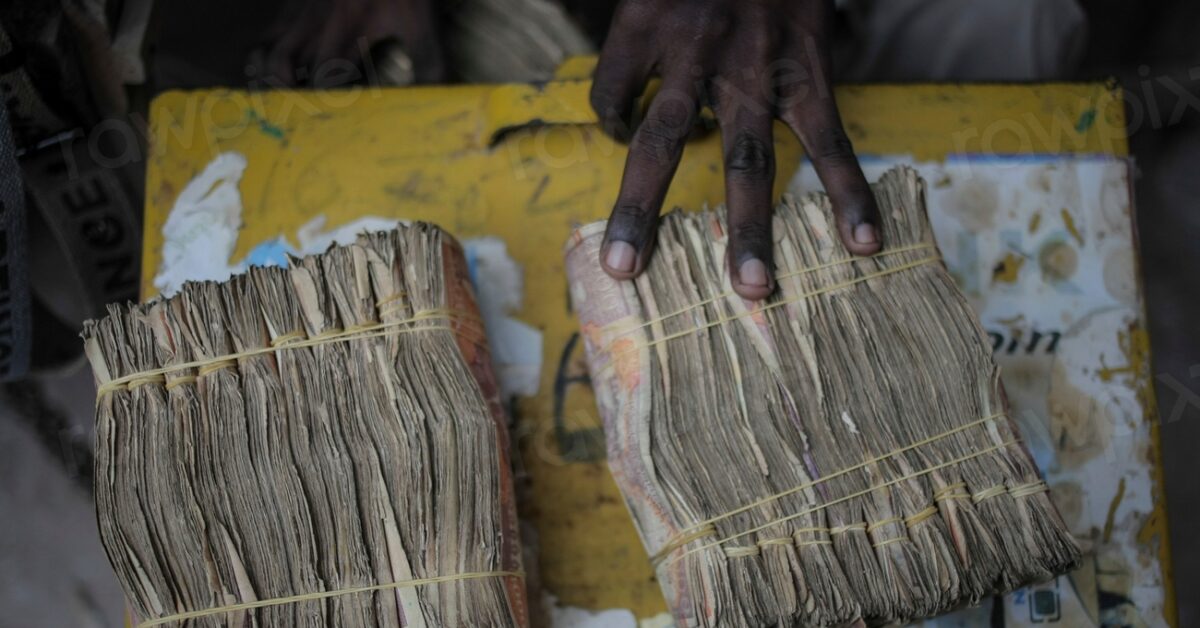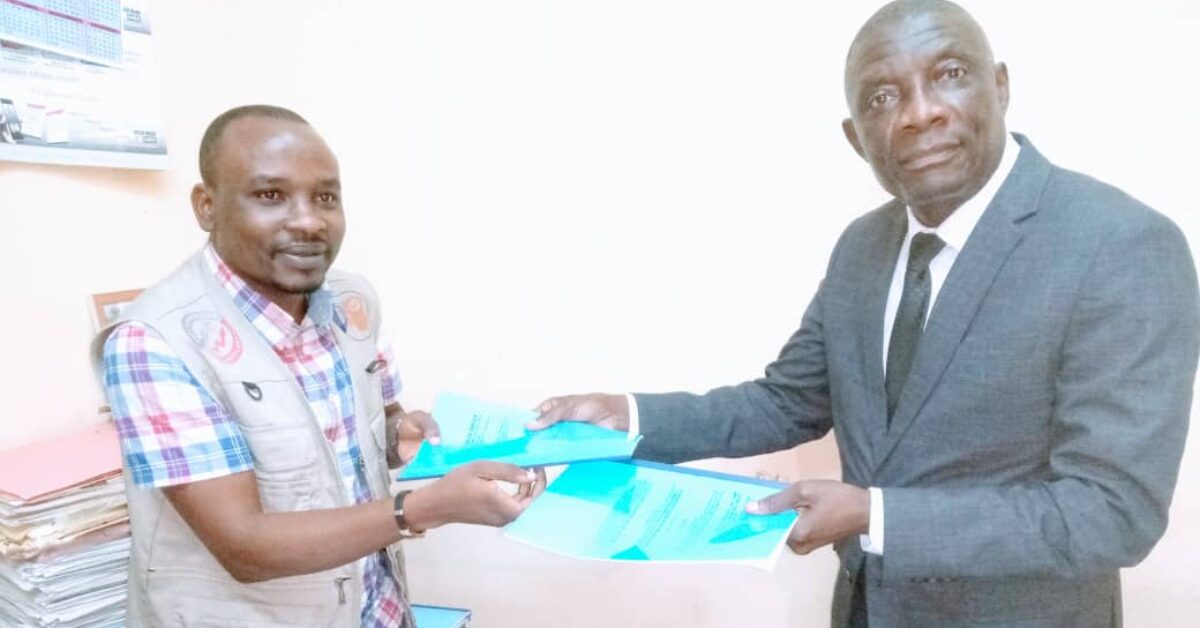A strategic partnership between the United States and the Democratic Republic of Congo is currently under discussion. This partnership represents a historic opportunity to strengthen bilateral economic cooperation and promote sustainable development, particularly in the mining sector, which is vital to global technology and energy industries.
Major US companies such as KoBold Metals and AVZ Minerals have already expressed interest in this emerging partnership with the DRC. Their involvement could pave the way for:
- massive foreign direct investment;
- job creation and local skills development;
- infrastructure modernization;
- the introduction of good environmental and social practices in mining;
What mechanisms are in place to ensure transparency and monitoring of the strategic minerals partnership between the US and the DRC? More specifically, what role can play Congolese civil society in promoting accountability?
The issue of monitoring new contracts and investments, such as those involving KoBold Metals and AVZ Minerals, is crucial to ensure that they contribute to sustainable development and do not exacerbate inequalities and corruption. This is all the more important given that the DRC’s mining industry is historically vulnerable to corruption, contract mismanagement, and political influence.
A History of Repeated Challenges
The DRC is rich in natural resources, but the history of the extractive sector is marked by opaque practices, poor contract management, high-level corruption, and largely non-existent local development. Too often, big promises of foreign investment fail to translate into improved living conditions for local communities or structural transformation of the economy.
That is why transparency, accountability, and citizen participation must be at the heart of this new strategic partnership.
What Monitoring Mechanisms Can Prevent Corruption?
1. Contract Transparency and Public Oversight
The DRC is a member of the Extractive Industries Transparency Initiative (EITI), which requires the publication of mining contracts, revenues, and the actual ownership of companies. However, implementation remains weak. Civil society organizations, such as CERC, have a vital role to play in monitoring compliance with transparency obligations, particularly at the local level where mining takes place.
2. Independent Monitoring by Civil Society
The ability to conduct independent assessments of mining revenue management and the implementation of social commitments made by US companies is something that CERC is capable of. Thanks to its strong presence in eastern Congo and its dynamic network of young people trained in social accountability, CERC is well placed to highlight discrepancies between promises and the reality on the ground.
3. Active Participation in Governance Spaces
Civil society participation mustn’t be limited to observation. CSOs must be integrated into monitoring committees and contractual negotiations. Their expertise can help assess environmental and social impact reports, verify the implementation of local content obligations, and ensure that affected communities are genuinely consulted.
4. Digital Tools to Fight Corruption
CERC can deploy civic technologies such “Citizen Eye” to collect corruption reports, monitor procurement processes, and detect failures in project implementation. By training citizens, youth, and community leaders on these tools, we can build effective early warning systems.
5. Legal Empowerment and Advocacy
CERC is also committed to strengthening the legal capacity of communities so that they understand their rights in the mining sector and can hold US and DRC companies accountable. Through our expertise in civic education and human rights, we contribute to structured, evidence-based advocacy.
6. International Support and Institutional Recognition
For CSOs to be effective, they must have adequate funding, legal protection, and technical support. International partners, particularly those involved in the US-DRC Partnership, should formally recognize the role of organizations in governance mechanisms and allocate resources to support their work on the ground.
The strategic partnership between the DRC and the United States on critical minerals can be a lever for real transformation, provided that it is governed with integrity, transparency, and inclusivity. CERC stands ready to play its role as a citizen watchdog, mobilizing youth, local communities, and institutions to ensure that this new investment dynamic is synonymous with social justice, local development, and sustainability.
We call on the Congolese authorities and their international partners to integrate civil society in a structural manner into this process. In this way, the DRC’s natural resources will cease to be a curse and become an engine for a shared future.
Author : Heri Bitamala, +12062223388





